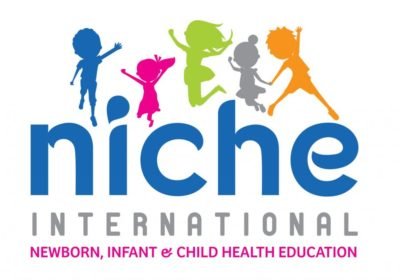There were 29 feedback forms from the first two NCCs in Uganda. All candidates were frontline healthcare workers and 25 (86%) of them had had previous experience of neonatal resuscitation.

Proving that neonatal mortality is falling as a result of our project is our long-term aim but measuring this outcome is a challenge. There are so many confounding factors in any clean data that is actually collected that it is almost impossible to prove that one intervention like this has any statistically significant effect on neonatal mortality.
It is more productive to measure shorter term outcomes which are known to correlate positively with an improvement in neonatal survival. We gather feedback from our learners on the usefulness of the course, their prior experience, suggestions for the future etc. but also on their increase in confidence levels in the practice of various skills taught on the course. The template for our feedback forms is based on one promoted by the UK’s Royal College of Paediatrics and Child Health for use on training courses.
Variations in self-confidence are known to influence motivation and tend to predict performance success. The percentage of learners in Bwindi in February feeling “very confident” in keeping babies warm increased from 17% to 100%, in giving breastfeeding advice, an increase from 24% to 100% post-course and in resuscitation skills, 7% to 93% feeling “very confident” after the course. Having the confidence to try and resuscitate an unconscious newborn baby is more likely to lead to a positive outcome than not having the confidence to make the attempt. Our data consistently show an increase in confidence in the essential skills pertaining to neonatal care identified by WHO. See: https://www.nicheinternational.org.uk/day-2-ncc-in-uganda/ for a screenshot of the questionnaires we use.

